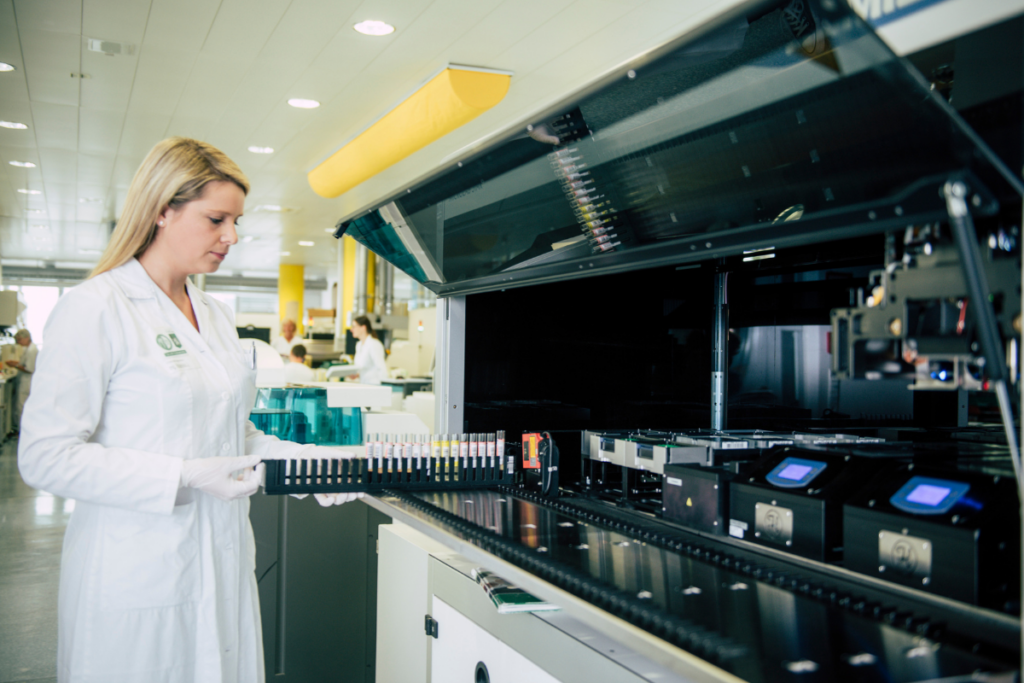
#EBW24 Editorial: Advancing Together – Quality Management at BBMRI.at
This article comes from Helmuth Haslacher and Cornelia Stumptner from BBMRI.at.
What do you do?
From the very beginning, the Austrian National Node BBMRI.at considered quality as a crucial issue. BBMRI.at’s quality management work package is maintained by a team of quality management coordinators (QMCs) nominated by each partner biobank and coordinated by Helmuth Haslacher from the MedUni Vienna Biobank. The development of a nationwide cross-audit programme was BBMRI.at’s first milestone project eight years ago. The main purpose of this audits was not only to provide the BBMRI.at partners with a biobank-specific evaluation of their own processes, but also to enable the auditors, who were QMCs from other partner biobanks, to gain a deeper insight into the operations of other biobanks. In addition to audits, a qualitative survey on user requirements was conducted by the BBMRI.at Q-team. The results were presented at the European level and used as a basis for further activities on user requirements and satisfaction within the BBMRI-ERIC working groups. Furthermore, the BBMRI.at has since many years a leading role in developing ISO and CEN pre-analytical quality standards for sample types such as tissue, blood and microbiome. Austrian biobanks were among the first to implement them.
Why is your topic important?
Quality is defined as the conformance of the characteristics of a particular product or service to requirements, and requirements – be they legal, organisational, research or user requirements – are constantly changing. Thus, the problem of quality is never settled, there are always new things to focus on. Moreover, harmonising biobanking operations based on international standards enables interoperability. This is necessary to be able to compare samples from different biobanks within a research project or to prospectively collect samples from different locations within multicentric studies.
Which innovations are going on in this field?
The SARS-CoV-2 pandemic also had an impact on the work of the BBMRI.at quality team. Cross-audits could no longer be carried out on-site because access to biobanks, often located in healthcare facilities, was restricted and extensive travel limitations were in place. BBMRI.at therefore transformed its cross-audit programme into a virtual one, consisting of several weeks of document review followed by virtual auditor meetings and interviews with auditees. This format of virtual cross-auditing was maintained in view of the global climate crisis, where reducing travels is advisable. In addition, after years of focusing on sample quality, the Austrian quality team currently works intensively on the quality of the data associated with the samples.
Why is the EBW interesting for you?
The EBW provides an opportunity to interact with a multi-professional audience (including biobankers, biobank users, ELSI experts, manufacturers and distributors of infrastructure and consumables used in biobanks). This exchange is important as it allows us to assess new requirements for the biobanking community. In addition, opportunities for collaboration and harmonisation can be discussed directly – this not only advances research by enabling more reliable research results from more appropriate samples and datasets, but also helps to save resources by not having to reinvent the wheel in different places through joint efforts.